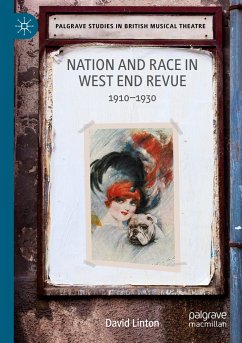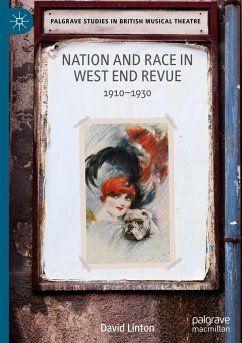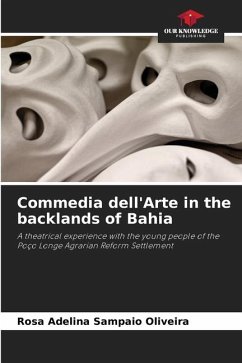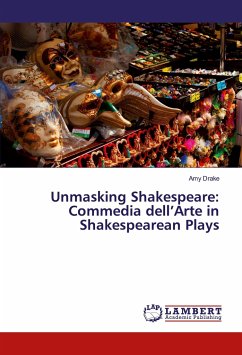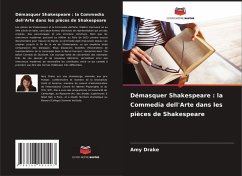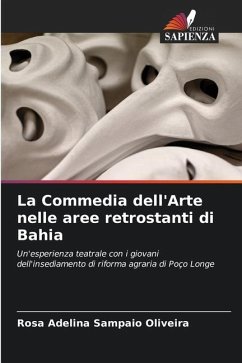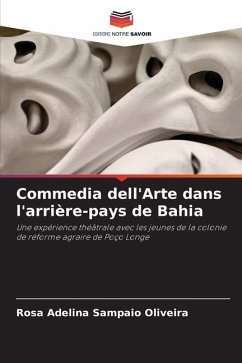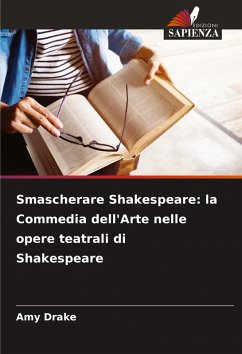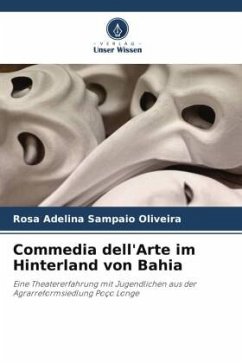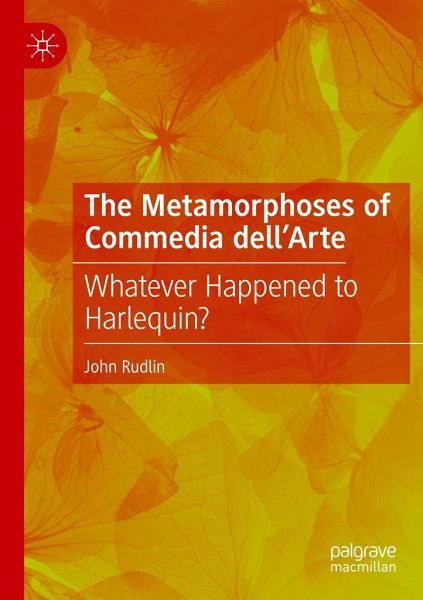
The Metamorphoses of Commedia dell'Arte
Whatever Happened to Harlequin?
Versandkostenfrei!
Versandfertig in 6-10 Tagen
106,99 €
inkl. MwSt.
Weitere Ausgaben:

PAYBACK Punkte
53 °P sammeln!
The Metamorphoses of Commedia dell'Arte traces the steps by which Commedia has been transformed by cultural contact outside Italy into popular forms which bear little resemblance to the original. The book follows the Masks of Arlecchino, Pedrolino and Pulcinella as they gradually migrate and mutate into Harlequin, Mr. Punch and seaside Pierrot troupes. What happened to Pantalone, Scaramouche, Colombina and the male Lover is also investigated, though they had no final forms of their own. This study constitutes a history of what happened, notably in France and Great Britain, to a supremely popul...
The Metamorphoses of Commedia dell'Arte traces the steps by which Commedia has been transformed by cultural contact outside Italy into popular forms which bear little resemblance to the original. The book follows the Masks of Arlecchino, Pedrolino and Pulcinella as they gradually migrate and mutate into Harlequin, Mr. Punch and seaside Pierrot troupes. What happened to Pantalone, Scaramouche, Colombina and the male Lover is also investigated, though they had no final forms of their own. This study constitutes a history of what happened, notably in France and Great Britain, to a supremely popular theatrical genre as a result of changing fashions in entertainment brought on by societal developments, civil and industrial revolution and dynastic change. It investigates how the genre was exploited by management, and even its own stars, lost its vitality and gradually ended up in 'sunken' forms.






